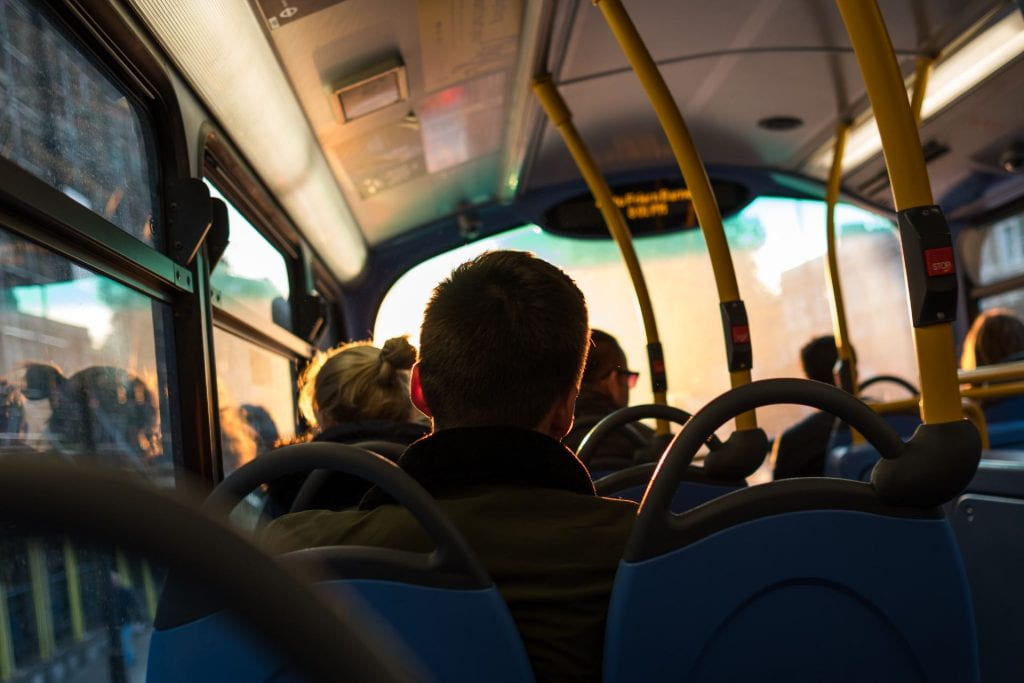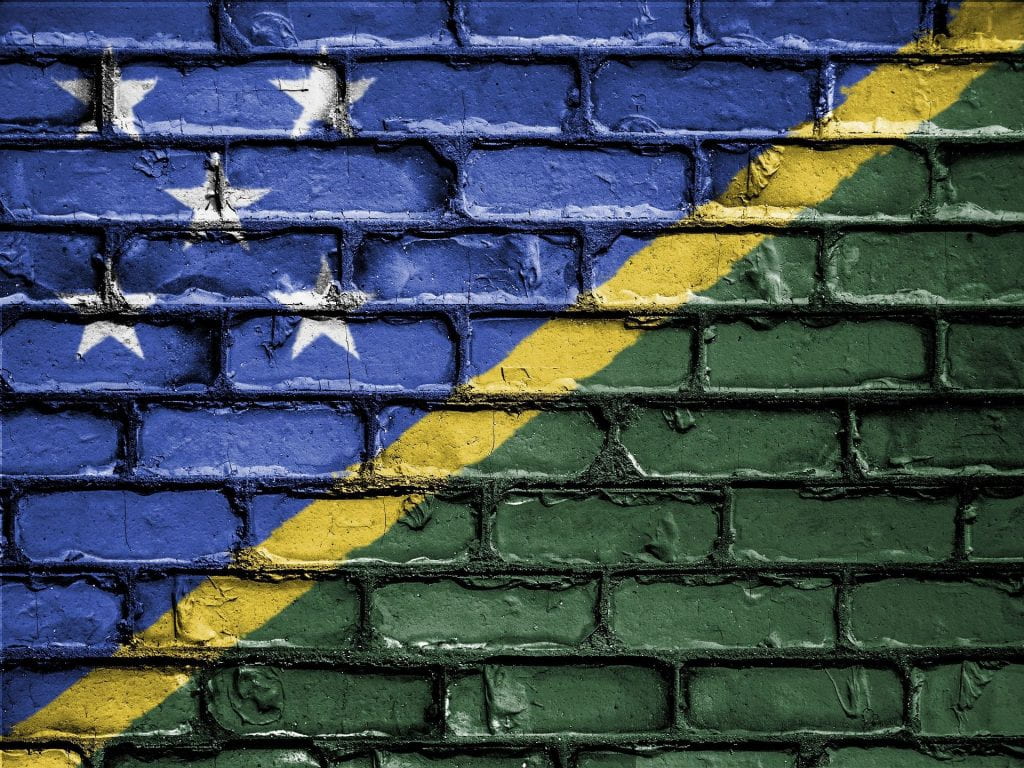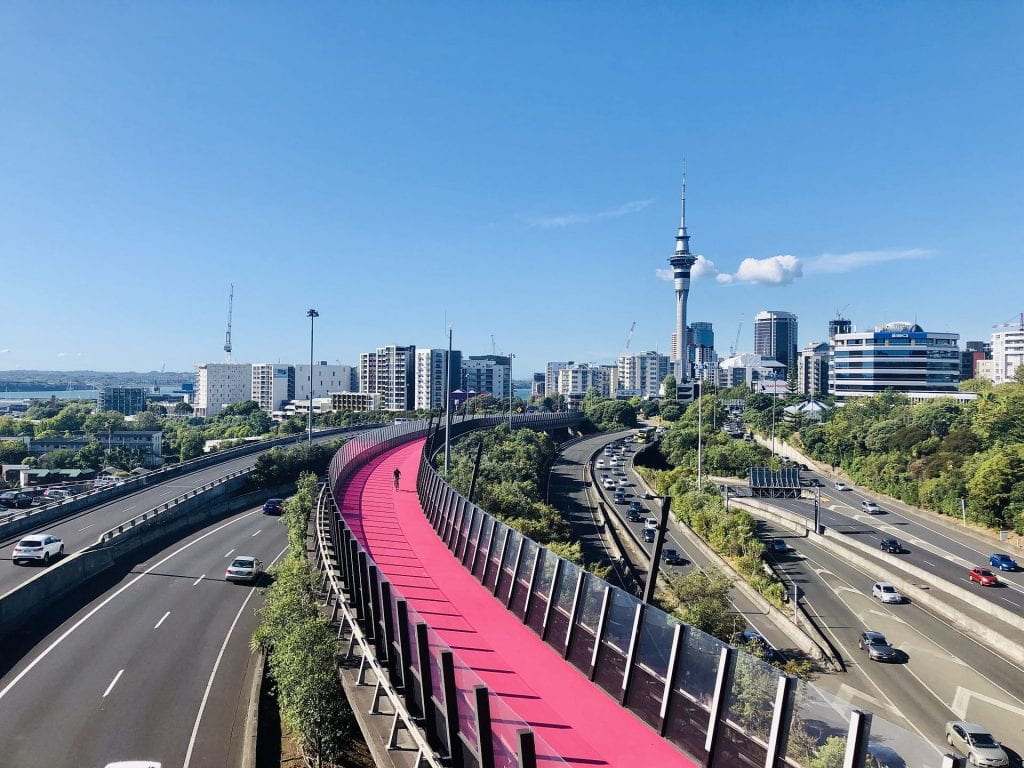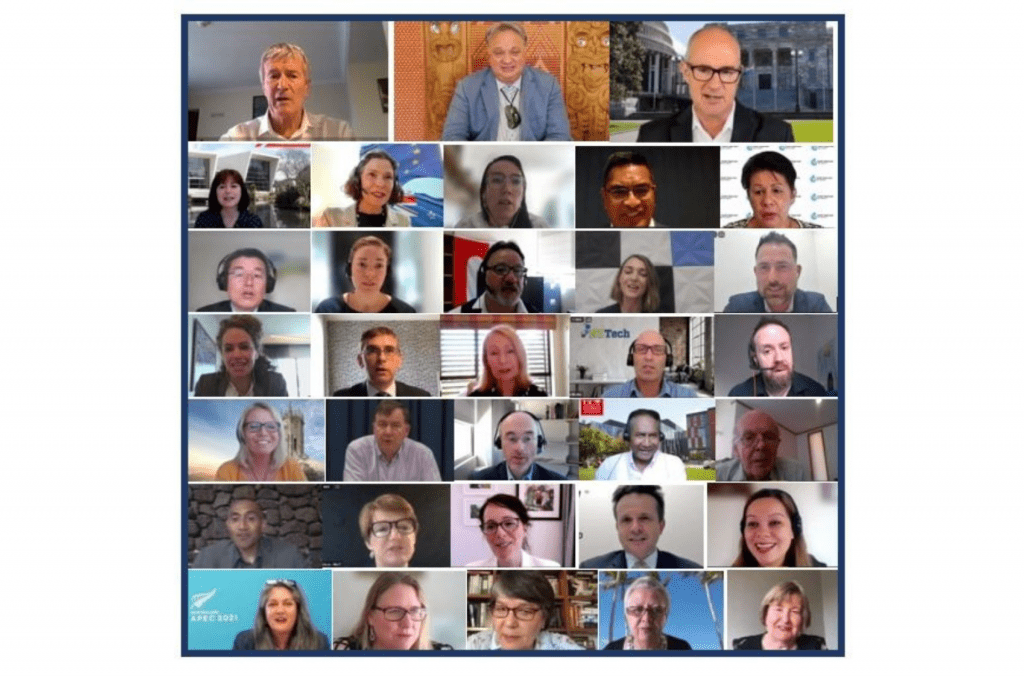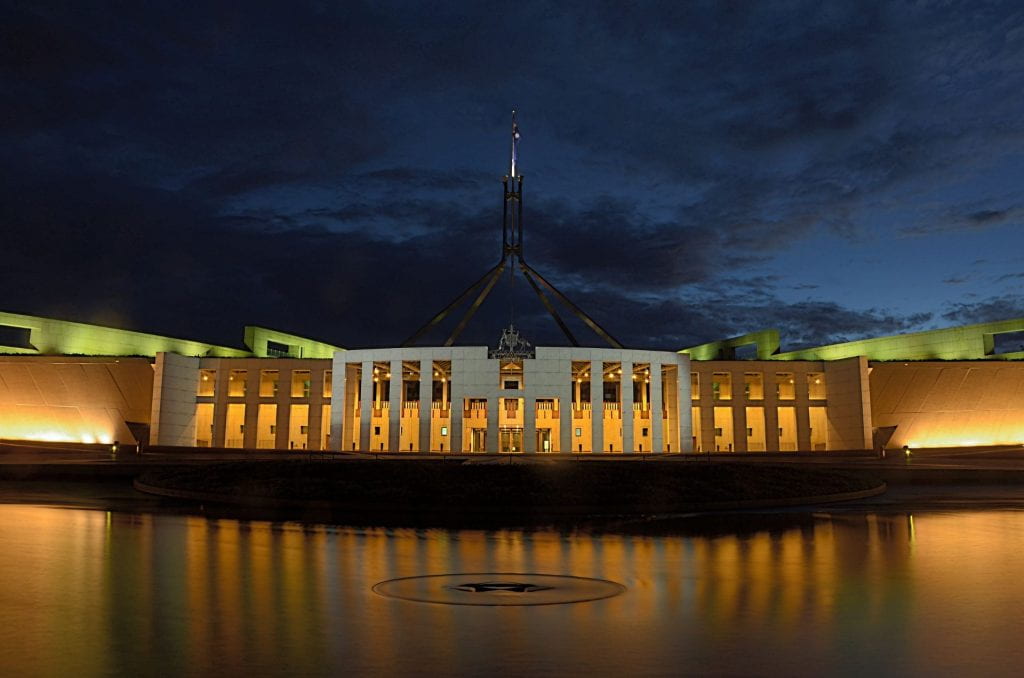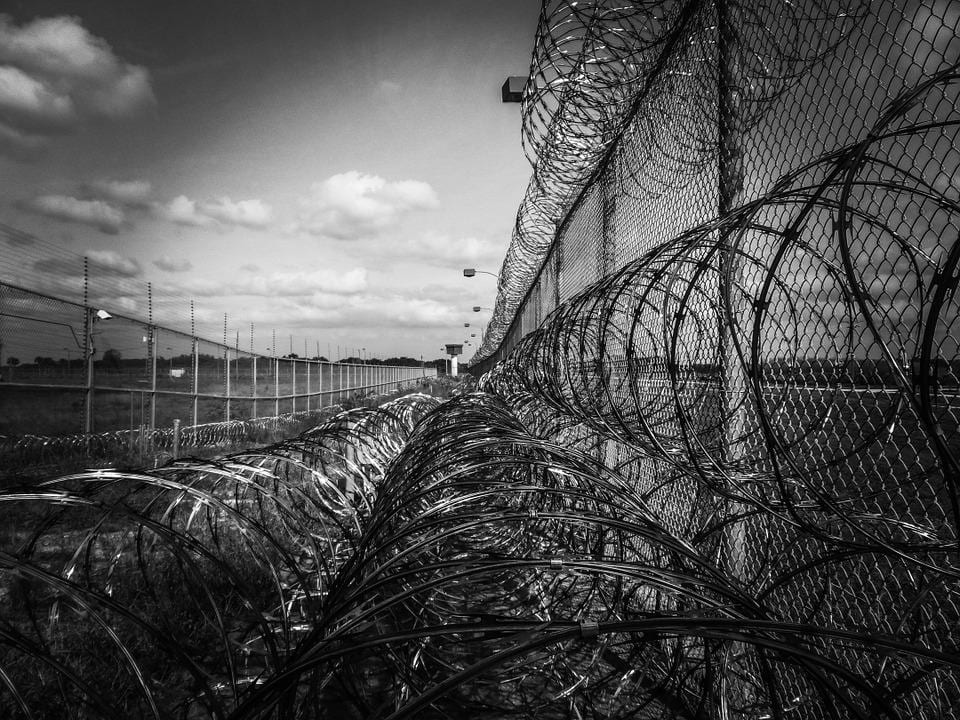Latest from the Policy Commons

Housing Investment & Productivity Growth: A New Zealand case study
New Zealand has the second highest rate of investment in housing as a percentage of total national investment in the OECD, behind only Canada. On the surface, high housing investment could indicate spending on the construction of new houses and modifications of existing dwellings. However, New Zealand’s high level of housing investment has not produced enough supply to tame house prices. In fact, the house price-to-income ratio currently sits at 8.8 times the average household income, while a ratio around 3 is considered to be affordable. High investment coupled with high prices is indicative of individuals and property investors exchanging a relatively diminishing supply of homes relative to demand at higher and higher prices—a process that does not stimulate the country’s productivity.
Understanding Perceptions of Cycling Infrastructure Provision and its Role in Cycling Equity
Cycling is a mode of transport that provides various health, environmental, and societal benefits. However, different population groups and communities can face unique barriers to cycling related to individual identities. While socioeconomic status is an important factor concerning equitable access to cycling infrastructure, these factors are largely ignored in cycling equity planning.
Democracy, Good Governance, and the U.S.-Pacific Island Country Summit
In September, the Pacific Islands Conference of Leaders (PICL) was convened at the East West Center in Honolulu. The PICL members included the heads of government from independent Pacific Island Countries, Pacific Island Territories, and the State of Hawaii. It not only offered a platform for regional leaders to address shared issues and develop common approaches to their policy challenges. It provided an opportunity for Pacific Island leaders to engage with American subject matter experts and government officials on the increasing engagement of the United States with their countries.
PPI Seminar – Transport and Auckland: What is required for inclusive urban mobility?
This seminar, part of a PPI monthly series, includes presentations from Simon Wilson, Senior Editor at the New Zealand Herald, and transport researchers Professor Kim Dirks from Engineering and Professor Alistair Woodward from Population Health, the University of Auckland. Together they share research findings on Auckland’s transport challenges, some possibilities and necessities for improved urban mobility and perspectives gathered during the 2022 local election campaign trail.
We Should Demand More from Those Who Cover the Solomon Islands
By Michael Walsh Over the last few months, a great deal of ink has been spilt over the strengthening of relations between the Solomon Islands and the People’s Republic of China. Unfortunately, very few of the commentators and reporters have ever been on the ground...
PPI Seminar: Going Straight Home? Post-release housing and experiences of reintegration and desistance
PPI Seminar Series Friday 30 Sept 1-2pm OGGB Case Room 2 (260-057) Join Zoom Meetinghttps://auckland.zoom.us/j/91753300727 Dr Alice Mills (Social Sciences) AP Barry Milne (COMPASS) Every year around 7,500...
PPI Seminar – Transport and Auckland: What is required for inclusive urban mobility?
Public Policy Institute Seminar Series Friday 16 Sept 1-2pm OGGB Case Room 2 (260-057) Join Zoom Meeting https://auckland.zoom.us/j/97738367300 Professor Alistair Woodward (Population Health) Professor Kim...
PPI Seminar Series: Critical Reflections on Samoan and Māori Rangatahi Engagement with Criminal Justice Policies and Interventions
Independent research on Samoan and Māori rangatahi experiences youth justice policies in Aotearoa New Zealand is rare. For this reason, in 2016 criminologists from the University of Auckland, Associate Professor Tamasailau Suaalli-Sauni and Dr Robert Webb, along with Dr Juan Tauri (then with the University of Wollongong, now with the Public Policy Institute, University of Auckland) applied for and were successful in gaining a Marsden Grant to research this issue.
How to get suburbanites out of their cars – Dr. Timothy Welch on realising the potential of public transport in Auckland
We have to bridge the gulf between suburban front doors and cheap public transport if we want more people on buses and trains. Timothy Welch looks at how.
PPI Seminar: Critical Reflections on Samoan and Māori Rangatahi Engagement with Criminal Justice Policies and Interventions
Speakers: Associate Professor Tamasailau Suaalli-Sauni Naomi Fuamatu Dr Robert Webb Associate Professor Juan Tauri When: Friday 29 July, 1-2pm Where: OGGB Case Room 2 (260-057), University of Auckland Independent research on Samoan and Māori rangatahi experiences...
Fire Protection Orders and the proposed anti-gang laws care about votes, not people – AP Juan Tauri
The University of Auckland’s Public Policy Institute deputy director, Juan Tauri (Ngāti Porou), comments on the proposed firearms protection order and anti-gang legislation in this article by Laura Walters on Stuff.co.nz. In the article, Tauri speaks to the failure of such laws to help people and reduce crime in the face of root issues such as social deprivation.
Reflections on ATEPS 2021
Launched in 2019 with the support of the Ministry of Foreign Affairs and Trade, the University of Auckland’s Public Policy Institute hosts an annual Auckland Trade and Economic Policy School (ATEPS). In December 2021, we hosted our first fully-online Auckland Trade...
Public transport is the future for Tāmaki Makaurau – so why not make it fare-free? – Dr Jen McArthur
Transport funding is a famously dry subject. Regardless, mayoral candidate Efeso Collins’ promise to introduce fare-free public transport has sparked much debate over who pays for bus and rail services. There is a lot at stake in this debate. Your commute or experience of travelling around the city is an integral part of everyday life in Tāmaki Makaurau. The costs of transport, and what it gives you access to, influence your opportunities for education, jobs and staying in touch with family and friends.
Over the past three months, I interviewed local officials, campaigners and advocates in cities with fare-free public transport to learn from their experiences, for a research report commissioned by FIRST Union and the Public Service Association, with the support of Efeso Collins' campaign. This research showed how fare-free policies have emerged as a pragmatic solution to the challenges facing many cities in 2022: inequalities shaped by unaffordable transport services, ambitious emissions-reduction targets, and the need to attract riders back to public transport after the relaxation of COVID-19 restrictions. The growth of public transport use in Tāmaki Makaurau since the early 2000s, paired with the city’s ambitious climate change targets, points to a future where high quality, frequent and affordable public transport can and should be a normal part of life. But bold decisions must be taken now to make that future possible. Going fare-free, in conjunction with reforms to ensure that public transport operators and staff have fair pay and decent working conditions, can help make this future a reality.
The only trade-off that matters: Susan St John on Working For Families
Amidst the current Working for Families review, Susan St. John discusses the conflicting objectives of the Working for Families ‘In Work Tax Credit’ (IWTC) in this Newsroom piece, ‘The only trade-off that matters’. Probing at recent claims by Eric Crampton that...
What the Australian election result means for New Zealand
University of Auckland Public Policy Institute director Jennifer Curtin provided comments on the outcome of the Australian Federal election outcomes as the final ballots were counted. Speaking on Newshub's AM show, Professor Curtin discussed the impact of the Labor...
A comment on MBIE’s decision to change its practice of detaining asylum claimants Part 2
By Tim Fadgen --Part II— In my last post, I summarised the Victoria Casey QC’s assessment of the New Zealand government’s practice of detaining asylum seekers and MBIE’s recent choice to (largely) accept this criticism and to enact changes to improve New Zealand’s...
A comment on MBIE’s decision to change its practice of detaining asylum claimants
By Tim Fadgen --Part I-- On 3 May 2022, the Ministry for Business Innovation and Employment (MBIE) accepted recommendations made in review of its practice of detaining asylum seekers. The review, conducted by Victoria Casey QC, was initiated at the request of the...
Healthier Lives National Science Challenge: Policy Inventory
A report commissioned by the Healthier Lives–He Oranga Hauora National Science Challenge Authors: Cameron Leaky, Jennifer Curtin, and Lara Greaves This report represents a ‘landscape’ of government health policy documents in Aotearoa New Zealand specific to the...
Panel Discussion – Pandemic precarity: Exposing our Inequities
Around the world, Covid-19 has exposed and deepened existing social inequities. Frontline workers are typically low paid and often from disadvantaged groups. Women have borne the brunt of caring responsibilities during the pandemic which has had negative effects on...
NZ Budget 2021
Hon Grant Robertson presented the NZ Budget 2021 to Parliament on Thursday 20 May. Public Policy Institute Director, Professor Jennifer Curtin and the Gender Responsive Analysis and Budgeting team have provided detailed commentary on the new budget. From The...



